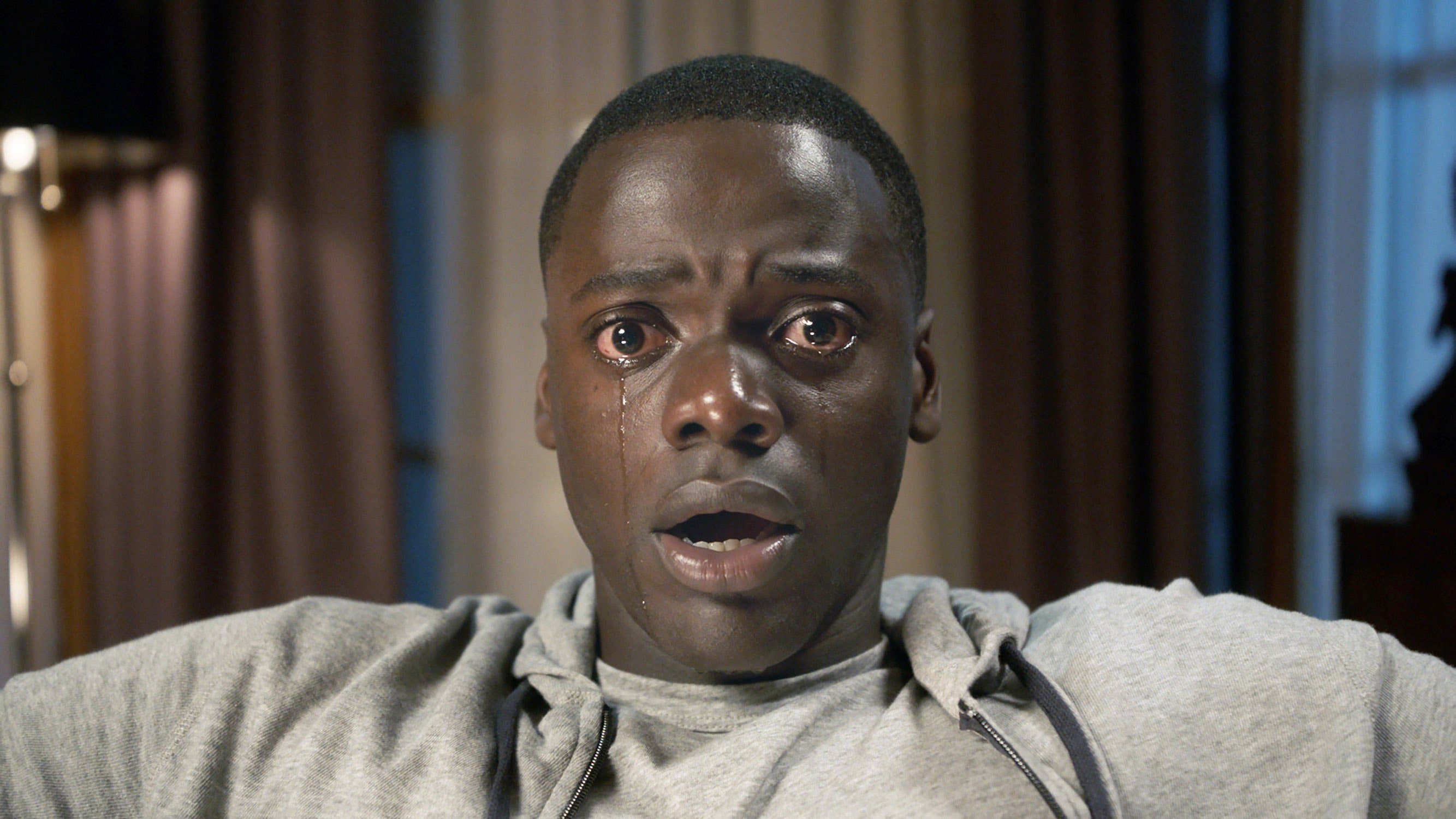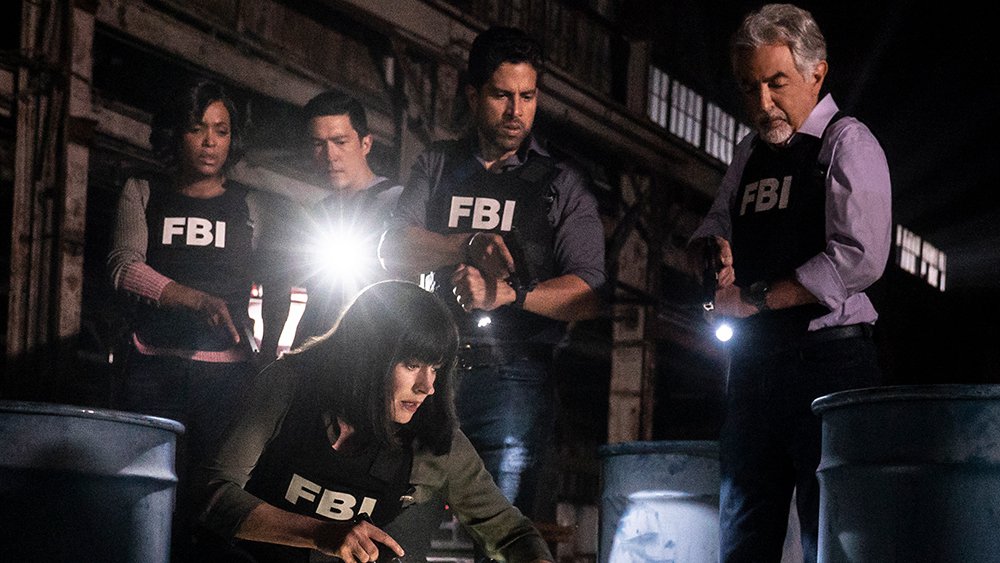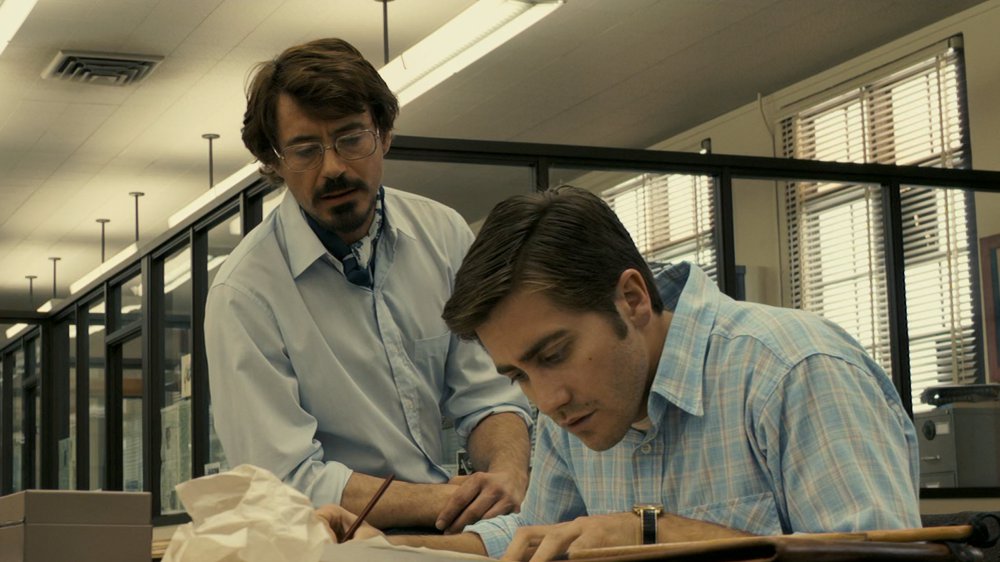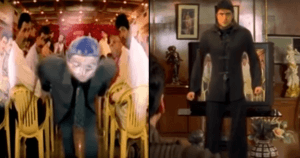It’s 11:27 PM, I just started watching Conversations With A Killer: The Ted Bundy Tapes. I finished watching Don’t F**k With Cats about 15 minutes ago. Yes, I’ve gone from one grisly murder documentary to another, in a matter of minutes, I’d do it in seconds if I could.

I think it’s safe to say that I am obsessed with murder documentaries and crime shows. And no, I’m not alone.
A 2020 study by Hollywood Reporter revealed that crime shows outnumber every other drama sub-genre on the broadcast nets, and are among the most-watched series.
I mean, there’s a reason why 1 in every 5 new shows that Netflix releases is in the genre of true crime or suspense. And not just Netflix, back in the 2000s, the Saw movie franchise – yes the one with all the gore and suspense that lasted for 7 whole movies – grossed approximately $15 million on average.

Why do we like watching these gruesome shows that talk about how people were murdered and take us on the hunt to find the killer(s)? Do we have a secret serial killer within us? That doesn’t seem humanly possible because I still get squeamish at the side of real blood that is not mine, I even hate the smell of it (I once fainted at the sight of my own blood, tsk tsk).
So what drives our obsession to be thrilled by the kill?
In 2016, Dr. Sharon Packer, a psychiatrist in private practice and an Asst. Clinical Professor of Psychiatry & Behavioral Sciences at the Icahn School of Medicine at Mt. Sinai, pointed out in an article for Decider:
Checkout: Indian Serial Killers
There’s something else that’s a little bit darker, that a lot of people don’t want to accept, but there’s this sense of relief that it wasn’t you who did it.

In a more elaborate sense, it’s called the theory of forbidden thinking which basically argues that humans have rather dark impulses and these grisly murder shows act as outlets for these dark thoughts and impulses that we apparently harbour within us. This might also explain why we like to act out certain sexual fantasies like the risk of getting caught, or being with someone married, or committed. Basically, this theory says that we all have a dark side that finds a way to act its deepest fantasies out – be it crime, or sex, or both.

“There’s a sense of relief that whatever kinds of aggression and impulses one has, we didn’t act on them, someone else did,” Dr Packer explains. I mean, am I glad it wasn’t me who killed or got killed? Absolutely, but that still doesn’t quite explain why we love these shows so much.
Check Out – Real Life Cannibals
Neuroscientist Dean Burnett explains, on the other hand, that our love for all things gore and macabre have to do with something called the excitation-transfer theory.
“Being scared and triggering the fight-or-flight response is incredibly stimulating, having a number of definite effects on our brain’s workings,” he argues in an article for The Guardian.

According to Excitation-Transfer theory, the stimulation that we experience through fear is transferred to other experiences that may or may not be similar to that of fear. It’s supposed to heighten our senses, make us more alert and aware of everything that’s going on, therefore giving us quite the rush.
And then, there’s the reward pathway, that Dr Burnett further enlightens us about. “As it turns out, there’s a particular part of our brain that produces pleasure and a positive feeling when we do something that our brain ‘approves’ of,” he explains.
So, drinking enough water, eating regularly and staying out of harm’s way are some of these ‘positive’ behaviours.

“When you’re experiencing high levels of fear, the more fundamental brain processes think you’re in danger. Then you’re not scared any more… Whatever it was you did to escape the scary situation, the brain likes it, so provides a reward. And thus, people experience enjoyment and pleasure from being scared, and happily pay for the privilege by buying films or books that scare us, or join in when everyone runs around scaring everyone else.”
-Dean Burnett
In fact, Burnett goes on to reveal that there are certain personality types that actively seek out the thrill of a ‘reward’ and therefore, end up deliberately putting themselves in danger to experience a sense of relief, enjoyment or – in this case – reward.

It’s a legitimate personality trait called ‘sensation seeking‘ with evidence to suggest that such people might have genetic properties that even compel them to put themselves in harm’s way to experience a sense of thrill. Engaging in extreme sports activities, being suspended mid-air from a plane way up in the sky, or even seeking out near-death experiences tend to describe their idea of thrill.
This made me think about the last time I stood at the edge of the rooftop of a high-rise building, or the first time I boarded a plane to anywhere. It was not so much a thrill as much as it was a constant sense of panic. Would I like to feel that way again? Maybe not. But, then again, we’ve all been at the top of a mountain looking down below, feeling the rush of how a simple lean forward could be dangerous for us. It’s like driving a speeding car on the highway in the middle of the night, knowing fairly well that you cannot be caught. It’s a sense of control that gives us an adrenaline surge.

“I have patients who love horror films and they say they know what’s going to happen, so they don’t get scared. It’s almost like rehearsing something that they know is going to happen but it doesn’t, so they feel in control,” reveals Dr. Packer.
The rehearsal in this sense also gives one a sense of awareness, in case something were to happen in reality, we may know just what to do. How many times have you watched a detective show and have already figured out who committed the crime way before the officers on the show do? It makes you feel like a genius, doesn’t it?

In fact, in 2015, the term called ‘CSI effect’ was first used to describe a phenomenon that resulted from viewing forensic and crime based television shows.
This effect influences jurors to have unrealistic expectations of forensic science during a criminal trial and affects the conviction or acquittal process.
-John Aldridge, San Jose State University.
Does a psychological thriller, crime show, murder documentary make us more alert and aware about what goes on in police investigation? To an extent, yes it does. It’s like piecing a puzzle together; catching the bad guy. As human beings, we love a good cat and mouse chase; it also probably explains why Tom & Jerry was so many of our favourite cartoon as kids. We didn’t even know how it was setting us up to love a particular genre of entertainment, however macabre it may be.

In my case, it’s the curiosity that feels exciting, like guessing what’s inside a present. There are no wrong answers and I end up with a gift nevertheless. It’s the same with murder documentaries. It’s a guessing game that we love to play – whether it fuels our darkest fantasies, or gives us the thrill of a good chase – and we have nothing to lose in the end… except maybe, a perfectly good ending.

















